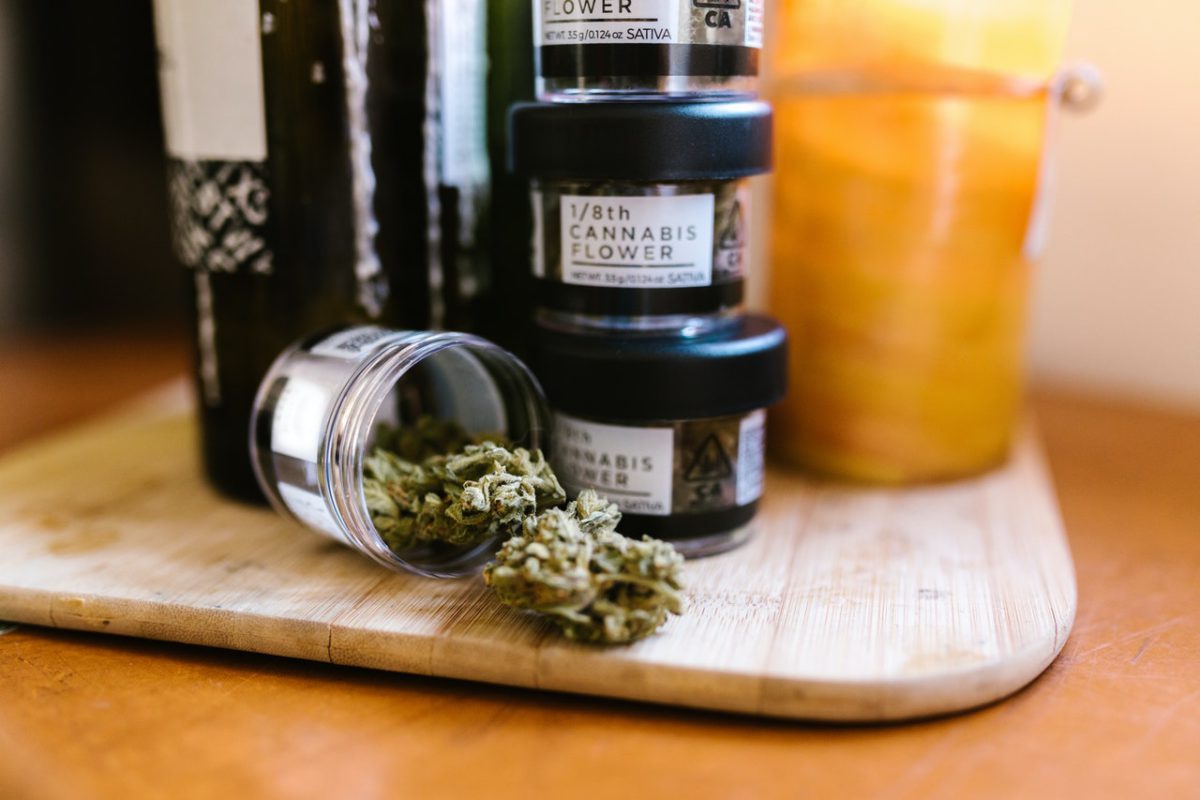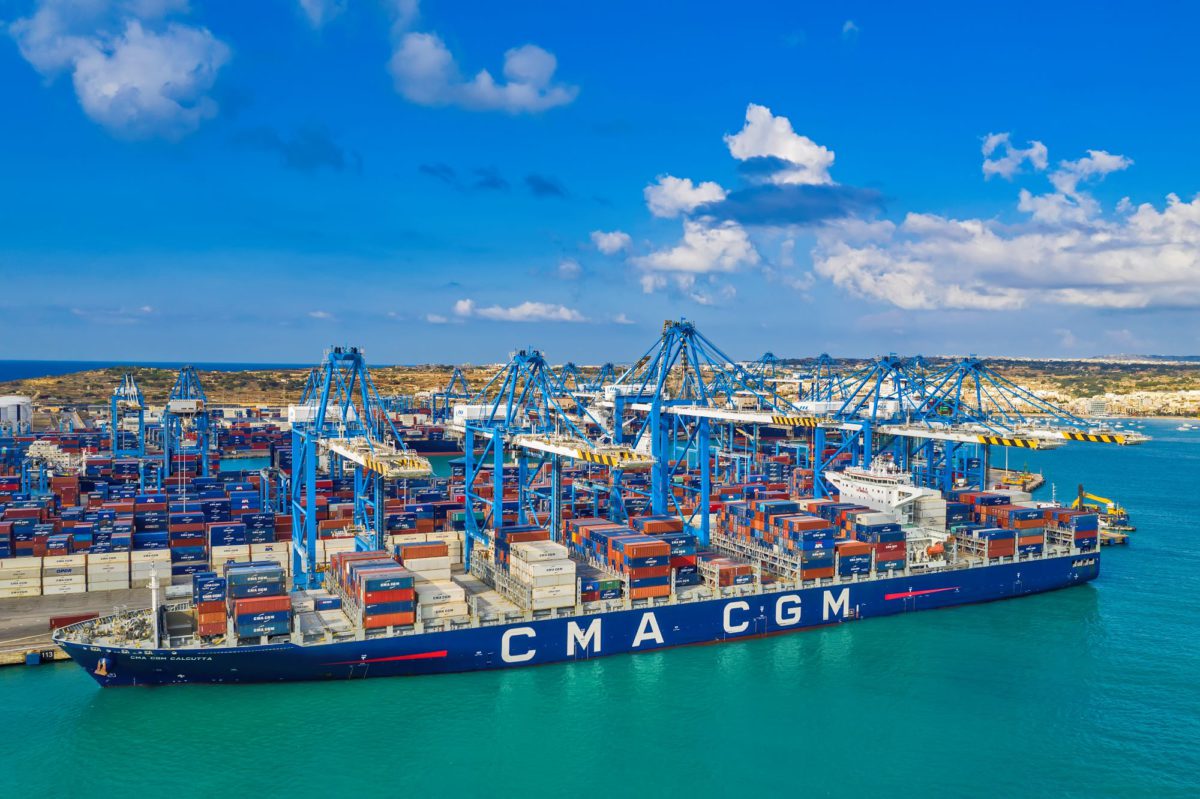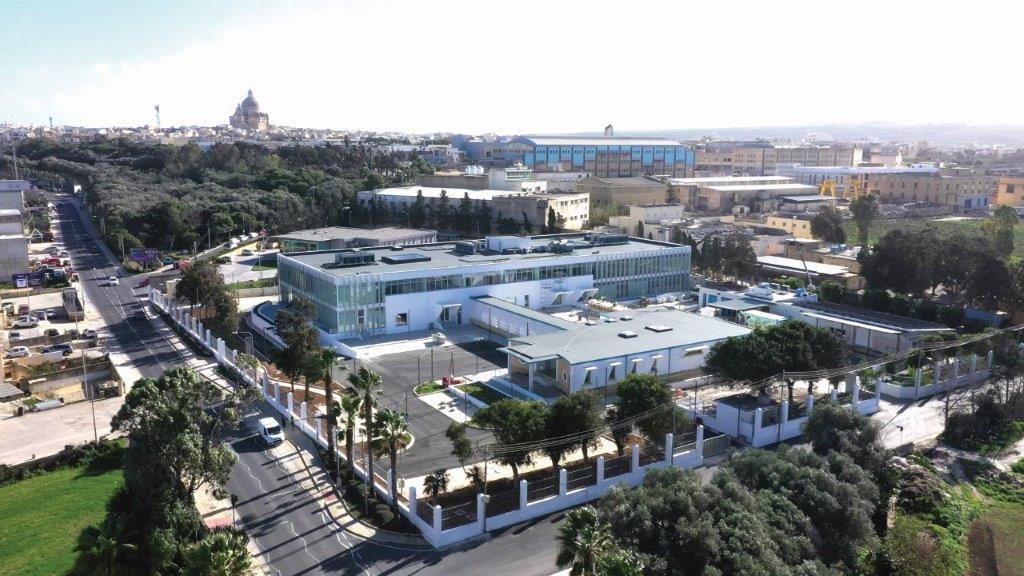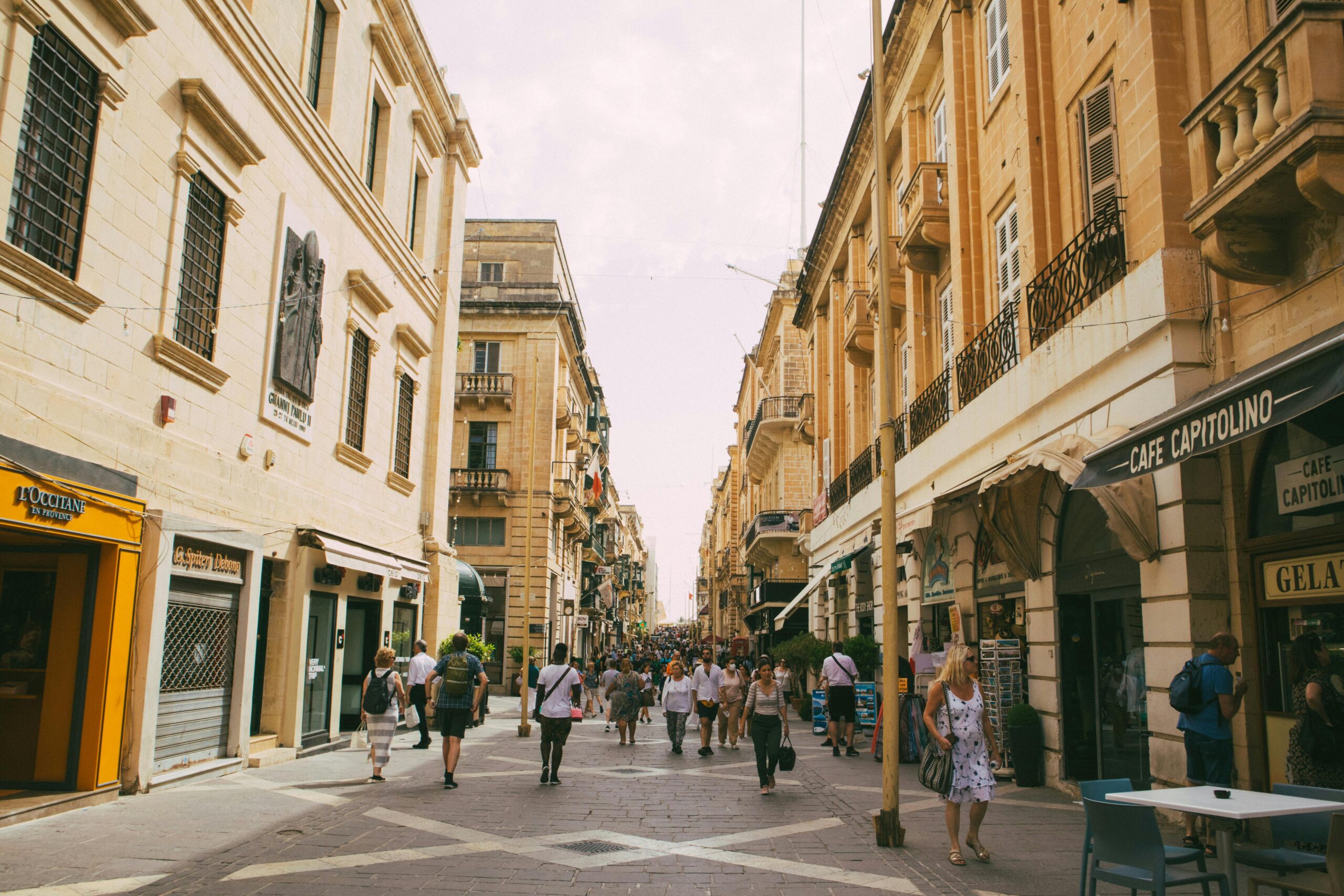With industry generating fewer international headlines, those unfamiliar with the country are sometimes surprised to find that it is home to production plants of some of the world’s leading manufacturers of a wide variety of goods, from microchips and currency to toys and precision engineering products.
Many of these are in the network of industrial zones dotted around the islands in strategic locations mere minutes away from the air and seaports, carefully managed by INDIS, a dedicated state agency.
Established multinationals and start-ups alike are drawn by the islands’ central position, relatively low cost base, attractive tax regime, and the many incentives and opportunities for public-private collaboration extended by government, through Malta Enterprise and INDIS.
All prospective investors sizing up Malta’s suitability for their plans would benefit from a conversation with Malta Enterprise, but for those involved in high value-added manufacturing, life sciences, and information technology, such discussions may prove particularly fruitful due to their alignment with the country’s strategy for economic development.
Malta’s highly educated workforce has made it especially attractive for pharmaceutical producers and other companies engaged in life sciences, with investment in this sector increasing continually. Recently enacted legislation regulating cannabis research and production for medical use has meanwhile opened new frontiers for innovators ready to take the plunge into this emerging field. The first movers are already profiting from the country’s forward-looking approach, with the first medicinal cannabis products made in Malta being exported in mid-2022.

Looking beyond the manufacturing sector, regulatory and policy efforts over the last two decades have seen aircraft-related services and software development, among others, join the economic mix, while service-based sectors like education and film have proven themselves resilient niches.
The application of cutting-edge technologies like the Internet of Things and artificial intelligence to manufacturing and logistics processes are among the top priorities for the coming years.
Capitalising on graduated investment in disparate sectors having the potential for synergistic development, Malta is sticking to its winning formula, with the only question being who, exactly, will come along for the ride.
On manufacturing
Manufacturing accounts for one of the largest shares of foreign direct investment in Malta. Bucking the trend, felt across the European Union, of a declining productive sector, the country’s manufacturing industry has continued to register year-on-year growth, even during the pandemic.
The authorities’ trademark open-door policy for investors and Malta’s strategic position, backed by a highly developed logistics infrastructure, make the islands an attractive prospect for high value-added export-oriented undertakings.

The manufacturing landscape has changed significantly since Malta first attempted to lure textile companies away from the European continent with the promise of cheap land and labour, following its Independence in 1964.
Today, the focus is on high-end processes requiring specialised knowledge and advanced technology, a result of the sector’s continual adaptation to global currents. Innovation is highly prized and well-supported, with companies finding willing partners in the University of Malta and the Malta College of Arts, Science and Technology (MCAST), which also bring to the table considerable expertise in making the most out of state and EU funds.
A highly qualified and experienced workforce, various training incentives, and a dynamic academic accreditation regulator ensure that factories are manned by the right personnel, with the Maltese often praised for their diligence, drive, and creative approach to problem-solving.
Although the country’s sustained economic growth has in recent years put pressure on the labour market, thanks to near-full employment, this has been counterbalanced by its EU membership, allowing free movement of workers across European borders.
Extra-EU labour has also increased over the last years, with waves of migrants arriving from all around the world, particularly from the Balkans, the Indian subcontinent, and the Philippines.
Although rising standards of living and low unemployment have left an impact on Malta’s price competitivity, it remains a low-cost place to do business by European standards, helped in part by generous government incentives and access to state-owned industrial space.

Companies that have chosen to set up operations on the islands include industry leaders from the USA, the UK, Germany, France, and Italy, whose high standards are met and exceeded.
Native production targets both the domestic and foreign markets, with several companies, particularly in the food and beverage business, enjoying good repute and market share in the region.
On the other hand, foreign-controlled manufacturing is almost entirely destined for export. With its location in the centre of the Mediterranean, Malta sits on one of the world’s main shipping routes, offering producers excellent links to ports around the globe and making it an ideal regional hub for distribution to the European, Near Eastern, and North African markets.
The logistics infrastructure is highly developed and modernised, with the latest digital technologies allowing for seamless transportation of even the most sensitive of products from the Maltese factory floor to their destination.
Today, the manufacturing sector is highly diversified, with much of it dedicated to the production of components for, among others, the electronic, engineering, automobile, and chemical industries. Some of the main products and fields of operation of Malta-based manufacturers include:
- Semiconductors
- Circuit boards
- Switchgears
- Injection moulding and tooling
- Seals
- Medical devices
- Pharmaceuticals
- Precision engineering
- Automotive components
- Boat components
- Security printing
- Toys and games
- Food and beverages
- Petrochemicals
- Various custom-engineered and application-specific small-batch products
This feature was first carried in the Malta Invest 2023 edition. Malta Invest is the first-ever comprehensive international investment guide focusing on Malta as a destination. It is produced by Content House Group.
Malta International Airport closes in on one million passengers in June
Meanwhile, aircraft traffic movement rose by 4.5 per cent year on year
Malta’s population hits 574,250 in 2024, up by 1.9%
Total net migration was at 10,614 persons, the vast majority being non-EU citizens
Service excellence as a cornerstone of Avenue 77 workspace experience
Providing excellent service is a foundational aspect of what makes working at Avenue 77 a great experience






